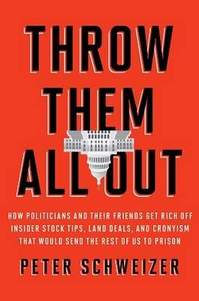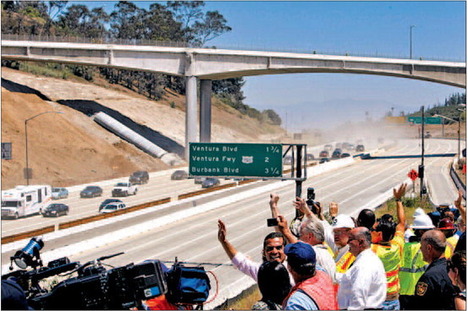 “Sharon Penner slices fresh bread, which she bakes a few times a week for Hampton, Neb., students. Penner, who has fed the town’s schoolchildren for 43 years, saw new school nutrition rules that cut many of her goodies as a sign it was time to retire. With her in the school kitchen is assistant Judy Hitzemann.” Source of caption and photo: online version of the Omaha World-Herald article quoted and cited below.
“Sharon Penner slices fresh bread, which she bakes a few times a week for Hampton, Neb., students. Penner, who has fed the town’s schoolchildren for 43 years, saw new school nutrition rules that cut many of her goodies as a sign it was time to retire. With her in the school kitchen is assistant Judy Hitzemann.” Source of caption and photo: online version of the Omaha World-Herald article quoted and cited below.
Have we gone too far when the preferences of Michelle Obama rule over the preferences of the parents of Hampton, Nebraska? And is it clear that the parents are wrong in thinking that fresh-baked bread (see photo above) and a timely pat on the shoulder (see photo below), are worth some extra calories?
(p. 1A) HAMPTON, Neb. — Blame the broccoli. Blame the mandarin oranges. Blame all their cousins, from apples to yams, for removing Mrs. Penner’s butter bars from the school lunch counter.
Then blame Mrs. Obama for removing Mrs. Penner.
So goes the thinking in this no-stoplight village of 423 people about 20 minutes northwest of York.
When the new federal school nutrition mandates went into effect this year, championed by first lady Michelle Obama, fresh-baked brownies, cookies and other sugary goodies disappeared from the school menu. And Sharon Penner, who has been feeding schoolchildren here for 43 years, decided it was a sign from above to retire.
Friday [May 17, 2013] will be the last school lunch the 70-year-old prepares for the Hampton Hawks.
Mrs. Penner is hanging up her apron.
“She is?” asked an incredulous sixth-grader named Treavar Pekar. (p. 2A) He stopped cold from scrubbing some of the six tables in the small cafeteria when I broke the news after lunch.
“NOOOOO!!!!!”
That about sums up the community response.
For the full story, see:
Grace, Erin. “Time to Hang Up Her Purple Apron.” Omaha World-Herald (FRIDAY, MAY 17, 2013): 1A-2A.
(Note: ellipses, and bracketed date, added.)
(Note: the online version of the article has the title “Grace: Hampton lunch lady ready to hang up apron.”)
 “Sharon Penner with Bryce Joseph, who needed some help after dropping his breakfast tray.” Source of caption and photo: online version of the Omaha World-Herald article quoted and cited above.
“Sharon Penner with Bryce Joseph, who needed some help after dropping his breakfast tray.” Source of caption and photo: online version of the Omaha World-Herald article quoted and cited above.








